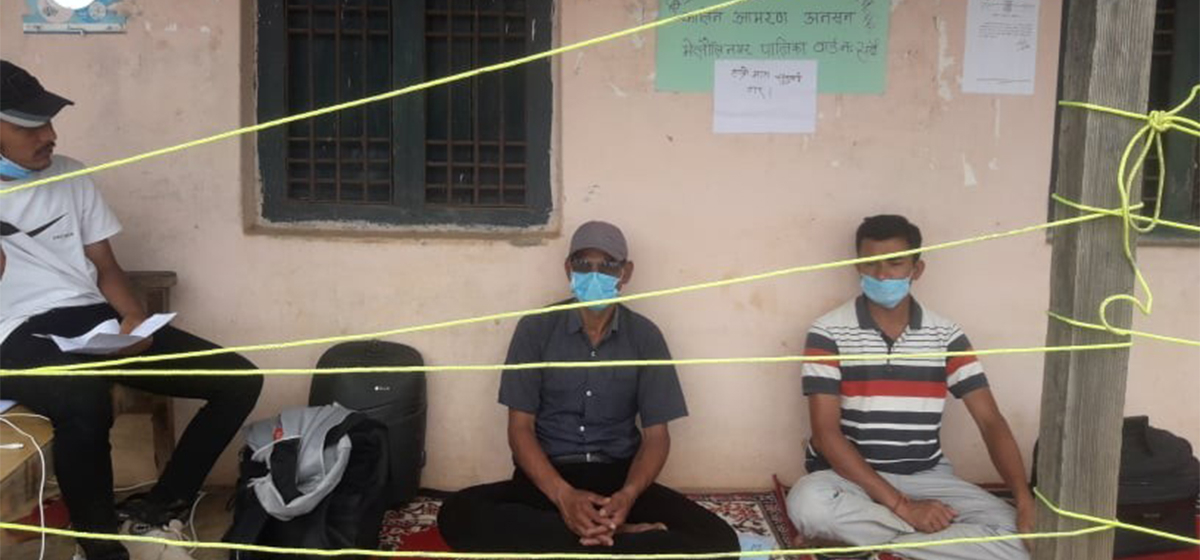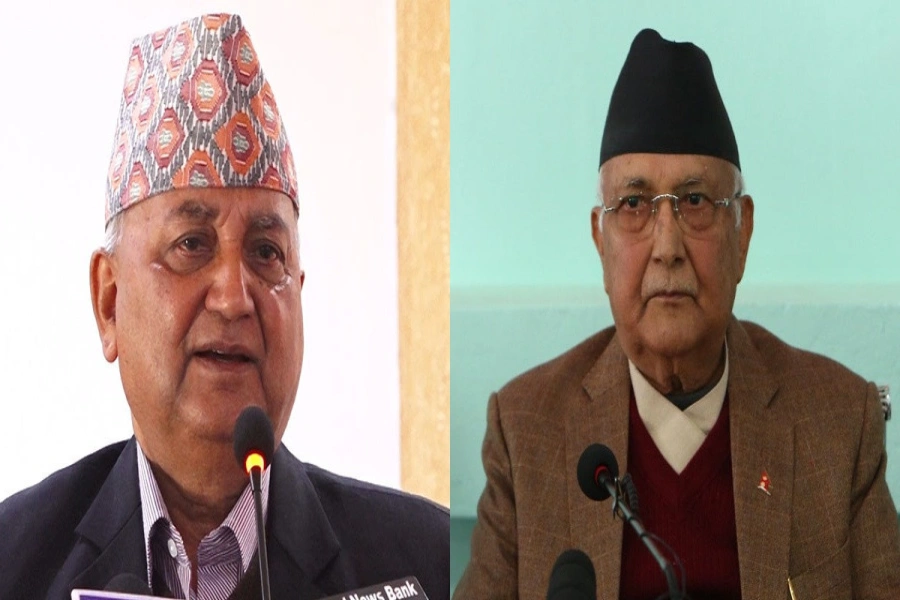Away from Berlin’s clubs, far from the tourist hotspots, young drug dealers, many of them immigrants, eke out a marginal existence on the fringes of the city: theirs is the story of Afghan-German director Burhan Qurbani’s “Berlin Alexanderplatz”.
A retelling of Alexander Doeblin’s 1929 novel, the film thrusts itself into contemporary debates over immigration and identity that are racking Germany by turning Franz, the small-time crook at the heart of the novel into Francis, an African refugee, played by Portuguese-Guinean artist Welket Bungue.
Born in Germany to Afghan refugees, Qurbani said the inspiration for the film, which premiered at the Berlin Film Festival on Wednesday, came from a desire to make the dealers of Berlin’s Hasenheide Park part of the German story.
Dominant Hertha rout Union 4-0 in Berlin derby

“I saw the park, a recreational place where drugs are sold, and was introduced to that community,” he told a news conference. “If I picked individuals it wouldn’t be perceived as a story about Germany and would fade away.”
Germany is still convulsed by debates over migration five years after Chancellor Angela Merkel let in over a million people from Africa and the Middle East amid the worst refugee crisis since World War Two.
Her many supporters praised the humanitarian impulse, pointing to the perils faced by migrants crossing the Mediterranean, but others accused her of fanning the flames of far-right parties and associated ideologies, which have been behind attacks on Jews and Muslims in the past year.
Where the novel opens with protagonist Franz Biberkopf’s release from prison and his desire to lead a reformed life, the film opens with Francis washed up on Europe’s southern shores, vowing to lead a good life from now on.
A century apart, both fall prey to the psychopaths, the fascists and the conmen who prey on the vulnerable and marginal, who teem in the brothels, doss-houses, clubs and forests of a fast-growing world city, all driven by a yearning for comfort, wealth and, above all, dignity.
“I’m from Guinea-Bissau, but I moved to Portugal at three, so from the beginning I knew what it is to be from the outskirts, to hail from somewhere else,” said Bungue, whose character is torn apart by the battle between his love Mieze, played by Jella Haase, and the diabolical tempter Reinhold, played by Albrecht Schuch, who lures him into drug dealing.
“The character is not naive,” said Bungue. “The issue is how do we on the outside resist reaching easy conclusions regarding these characters.”
For Qurbani, the story reflected the outsider’s hunger for dignity and recognition. “This is legitimate,” he said. “But at the same time it burned him alive.”







































